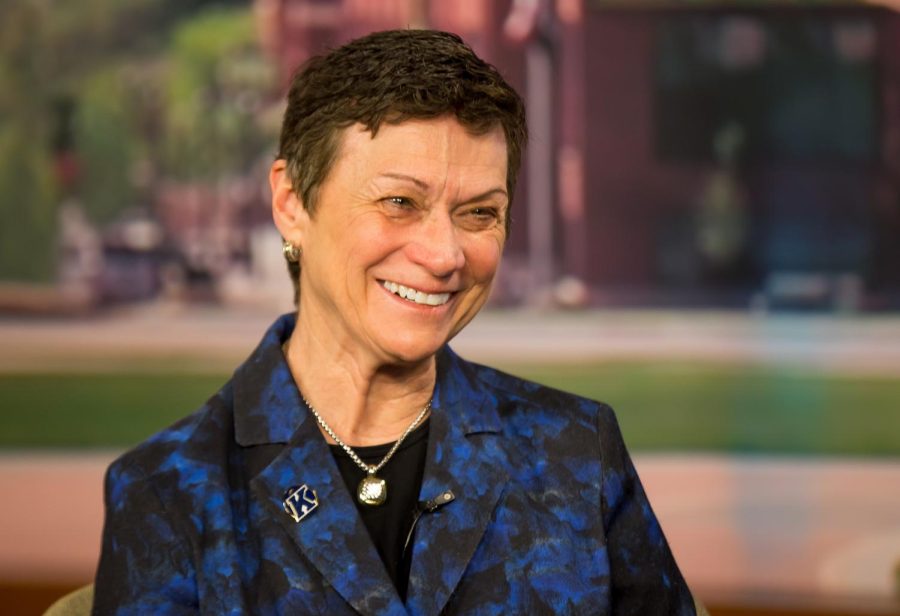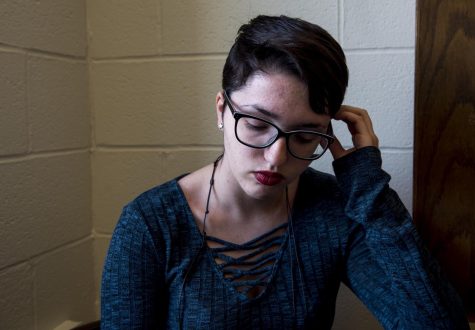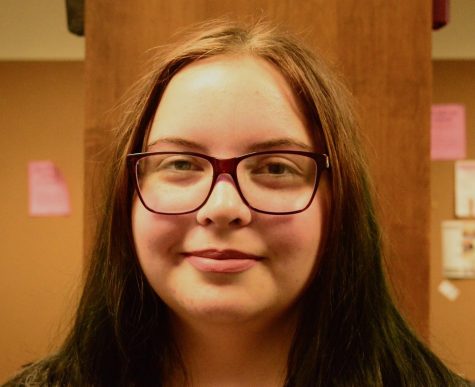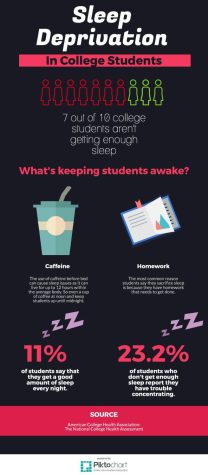Warren takes on the topic of mental health
April 19, 2017
Editor’s note: Once a month, editors and producers from The Kent Stater and TV2 interview Kent State President Beverly Warren about important issues to the university. The following is a Q&A of our latest conversation surrounding mental health. Some changes have been made for clarity.
President Warren talks about mental health from KentWired.com on Vimeo.
KW: Why is student mental health so important here at Kent State?
President Beverly Warren said coming to college can be stressful on students, especially if they are experiencing their own sense of independence for the first time or don’t quite have the support system they once had in high school.
“Our concern is to make sure we are attending to some of the mental health issues and support more counselors, more early alerts, more opportunity for students to be aware of what resources do you have to really navigate the stress of your life,” Warren said. “I think it’s a crisis and a concern for all of us in higher (education).”
KW: Roughly when did Kent State start expanding programs within Psychological Services?
Warren said the expansion came from her vision of making Kent State one of the most healthiest campuses. In her State of the University Address in 2015, she asked the audience, “What would it look like if we were the healthiest campus in America?”
“It became one of our top priorities and so as we were looking at how we would deploy funding to support a ‘Kent State of Wellness’, which is what we are calling it,” Warren said. “Mental health is just as important as physical health, and we want to make sure we are supporting that as much as we can in an ongoing basis.”
Warren also said the university is working on expanding in other areas, such as hiring a number of psychological service counselors — whether they are physicians or mental health counselors — and implementing a hotline to increase responsiveness.
“One of the things that I hear quite frequently form students is that they call for an appointment and it might be two weeks or three weeks or longer to get the appointment and that’s just not satisfactory,” Warren said. “We are deploying now our resources to hire and we’re going to be advertising for those new positions.”
Warren said there will be a revamping of structure to make sure there will be a separate wing within University Health Services dedicated to mental health.
KW: Is there anything else the university is implementing in order to ensure that students are getting the help that they need?
Warren talked about multiple departments and the psychological services they offer for its students, as well as looking at ways to improve those services.
“What might we do with mental health counselors that can provide the next level of support? What can we do on a phone line triage to make sure that we are aware of students and the stresses they are experiencing? I think that’s what you’re going to see — more of a triaging of a top of the line mental health coverage, mental health counseling and services where more students can be served by the university,” Warren said.
KW: Do these services apply to employees of the university as well?
Employees can use the psychological services provided to students, but the university also supplies outsourced mental services for all employees.
“Through our medical health benefits plan, there is a way to secure mental health counseling beyond the services supplied by Kent State University personnel,” Warren said. “Our faculty, staff, employees can also align with our health benefits package to receive some of those resources.”
KW: How does it work with helping out student athletes on the days that missed school to go to games? It would have to cause a lot of stress on their end as well.
Student-athletes have an immense amount of pressure on them, Warren noted. She said they do miss some classes, but due to what she called a strong and well-developed program athletic program, she said she believes it does help student athletes make sure they are caught up on work and don’t feel behind.
“What I’m so proud is this athletics program is that we have a strong athletic support program called the Athletic Resources Support,” Warren said. “Our students have counselors, tutors, tutors that go on the road with the team when the team is traveling during times when classes are in session.”
Lydia Taylor is an assigning editor, contact her at [email protected].
























